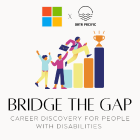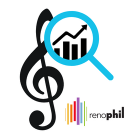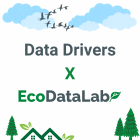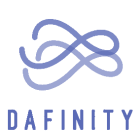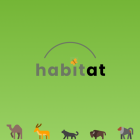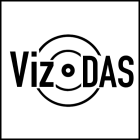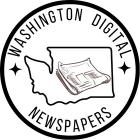
An Interactive Data Visualization Initiative for Washington State Library
The Washington Digital Newspaper (WDN) program of the Washington State Library has led to the creation of an online repository with approximately 600,000 pages of historically significant newspapers. It serves as a valuable resource to explore American history and can be utilized for numerous projects and research opportunities. This project aims to assist the library in growing a diverse newspaper collection by mapping data results. Our data visualization solution offers a comprehensive platform and an interactive way to analyze the current data, identify gaps and patterns while increasing the data's accessibility worldwide via Tableau public.


